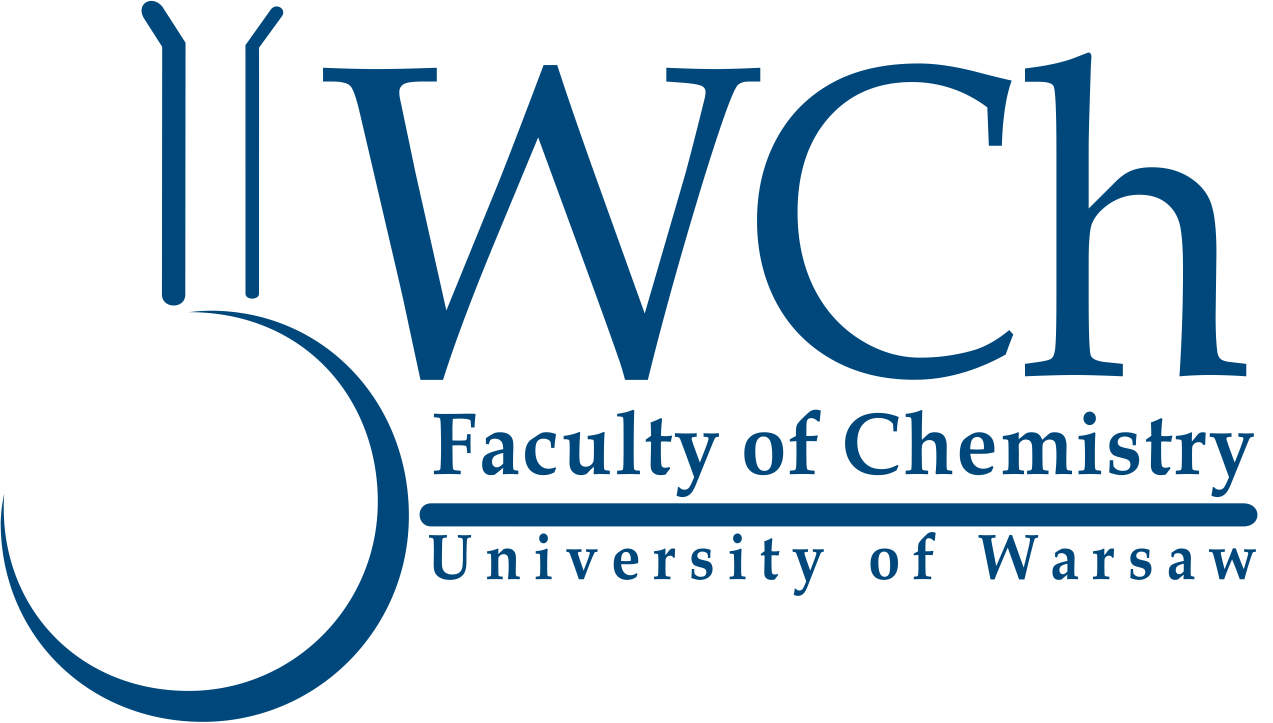Physicochemistry of Soft matter
Team leader: prof. dr hab. Andrzej Sikorski
Team leader’s e-mail address: sikorski@chem.uw.edu.pl
Brief description of the research topic:
For years, we have been carrying out systematic and extensive theoretical research on the properties of soft matter, that is, polymeric systems, proteins, gels and membranes. We develop new models and theories for these systems to predict their macroscopic properties. The most important issues we address are:
– transport in crowded environments: models of motion in biomembranes and in disordered media,
– structure of branched and highly branched polymers as drug carriers,
– structure and dynamics of polymer systems in complex geometries,
– percolation in polymer systems, structure of molten polymers and polymer composites,
– structure of bulk heterojunctions, models of plastic electronics
We use the Monte Carlo method and its various variants as a basic research tool: Random Sequential Adsorption (RSA), modified and improved Verdier-Stockmayer type algorithms, as well as modern and efficient algorithms sampling the conformational space of dense and complex macromolecular systems (polymers together with solvent molecules completely filling the space) based on the concept of Cooperative Motion Algorithm (CMA) and Dynamic Lattice Liquid (DLL) model. Simulations using the DLL algorithm are implemented in computational clusters, as well as in a dedicated machine ARUZ (Analyzer of Real Complex Systems) at BioNanoPark in Lodz, Poland; the ARUZ machine, thanks to its unique design, allows us to perform simulations of complex macromolecular systems that cannot be carried out with the most powerful computer systems currently in existence.
We cooperate with research groups from the Faculty of Chemistry of the Warsaw and Lodz Universities of Technology, the Faculty of Physics and the NanoBioMedical Center of the Adam Mickiewicz University in Poznan, as well as the Institute of Physical Chemistry of the University of Vienna.
